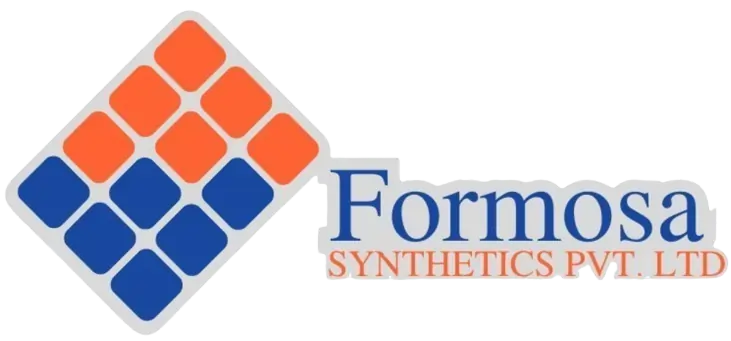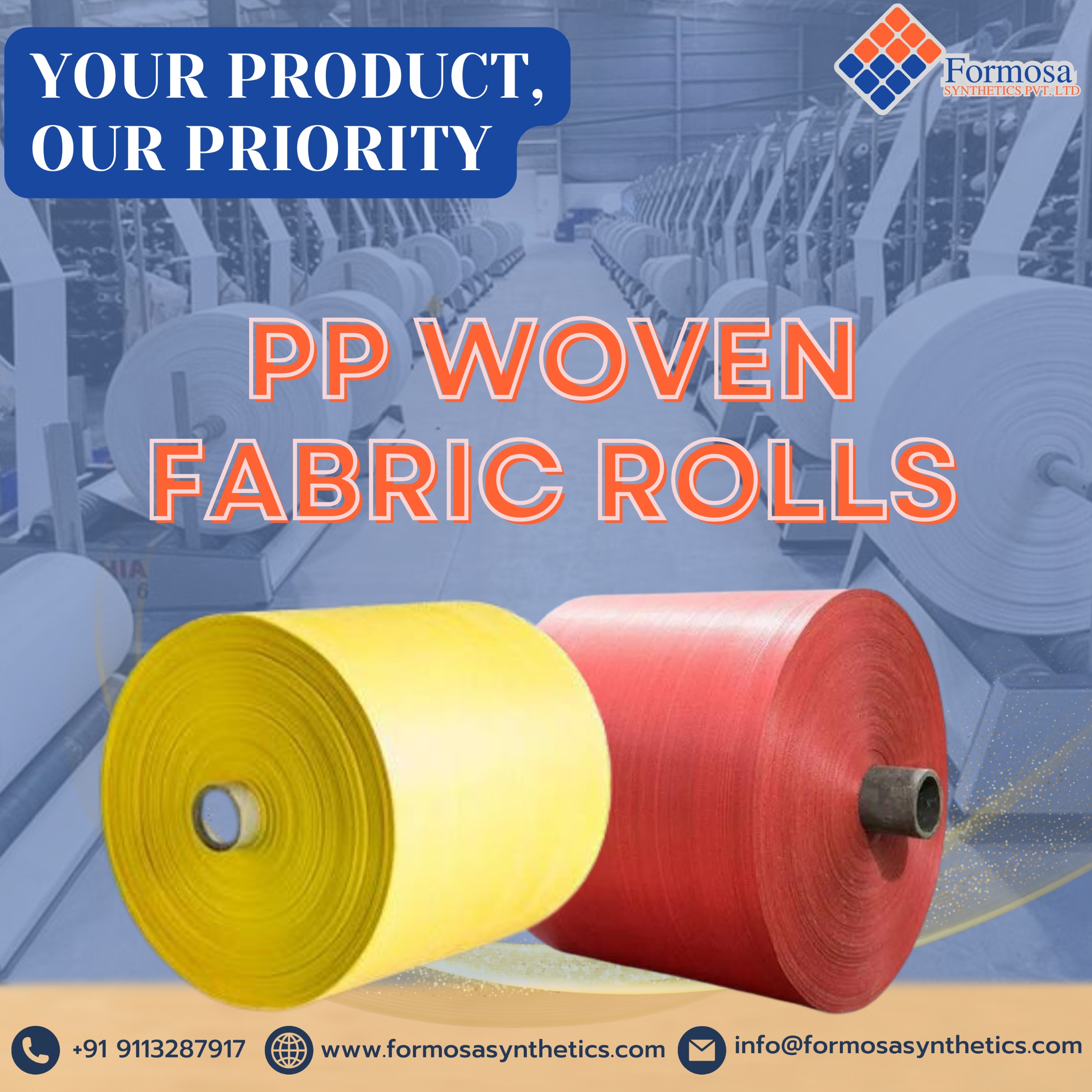Description:
What are PP Woven Fabric- The Complete Information
Polypropylene (PP) woven fabric is a versatile material used in various industries due to its exceptional strength, durability, and flexibility. It is created by weaving polypropylene tapes or threads together to form a strong, interlocking fabric. PP woven fabric is known for its resistance to tearing, puncturing, and stretching, making it ideal for applications requiring robust packaging solutions. This fabric is commonly used in the production of PP woven fabric rolls, which are widely utilized for packaging agricultural products, construction materials, and industrial goods.
Properties of PP Woven Fabric
1. Excellent Tensile Strength and Tear Resistance:
PP woven fabric exhibits remarkable strength and resistance to tearing, ensuring the secure containment of packaged goods throughout storage and transportation processes.
2. Lightweight Yet Durable:
Despite its lightweight nature, PP woven fabric maintains durability, providing cost-effective packaging solutions without sacrificing strength. This characteristic facilitates easier handling and reduces transportation costs.
3. Water Resistance and UV Protection:
PP woven fabric is inherently resistant to water, safeguarding packaged items from moisture damage. Additionally, it offers UV protection, shielding goods from the harmful effects of sunlight exposure, making it suitable for outdoor applications.
4. Lightweight Yet Durable:
PP woven fabric is inherently resistant to water, safeguarding packaged items from moisture damage. Additionally, it offers UV protection, shielding goods from the harmful effects of sunlight exposure, making it suitable for outdoor applications.
5. High Customizability:
PP woven fabric can be tailored to meet specific packaging requirements, thanks to its high level of customizability. Features such as laminations, printing, and coatings can be incorporated into the fabric to enhance functionality and aesthetics, catering to diverse packaging needs.
Benefits of Using PP Woven Fabric
- Cost-effectiveness
- Lightweight
- Resistance to tears, punctures, and abrasions
- Safety and integrity of packaged goods
- Recyclable and environmentally friendly
Types of PP Woven Fabric
1. Standard woven fabric:
Basic woven PP fabric without additional coatings or treatments, offering durability and versatility for general packaging needs.
2. Coated woven fabric:
PP woven fabric with a protective coating applied to the surface, enhancing resistance to moisture, chemicals, and UV radiation, making it suitable for more challenging environments and long-term storage.
3. Laminated woven fabric:
Consists of multiple layers of PP woven fabric bonded together, providing added strength and barrier properties, ideal for heavy-duty applications or products requiring extra protection against external elements.
4. Printed woven fabric:
Allows for customization of packaging with company logos, branding, and product information, enhancing brand visibility and marketing efforts while still providing the durability and functionality of PP woven fabric.
Conclusion
The evolution of PP woven fabric roll manufacturing has revolutionized the packaging industry by offering durable, cost-effective, and environmentally friendly solutions for various applications. The inherent properties of PP woven fabric, including strength, durability, and versatility, make it an ideal choice for packaging materials. By understanding the benefits and types of PP woven fabric available, businesses can make informed decisions to optimize their packaging processes and enhance product protection, efficiency, and sustainability.
FAQs
What is PP woven fabric, and how is it made?
PP woven fabric is a strong and durable material made by weaving polypropylene tapes or threads together. The process involves extruding polypropylene granules into flat tapes, which are then woven together using specialized looms to create a cohesive fabric structure.
What are the main properties of PP woven fabric rolls?
PP woven fabric rolls are known for their excellent tensile strength, tear resistance, water resistance, and UV protection properties. They are lightweight yet durable, making them suitable for various packaging applications. Additionally, PP woven fabric rolls can be customized with coatings, laminations, and printing to meet specific packaging requirements.
What are the typical applications of PP woven fabric rolls?
PP woven fabric rolls are widely used in industries such as agriculture, construction, logistics, and manufacturing for packaging bulk materials, including grains, fertilizers, cement, chemicals, and industrial products. They are also utilized for making sacks, bags, tarpaulins, and covers for diverse applications.
What are the benefits of using PP woven fabric rolls for packaging?
Some key benefits of using PP woven fabric rolls include cost-effectiveness, durability, recyclability, and environmental friendliness. PP woven fabric rolls provide robust packaging solutions that protect goods during storage and transportation while reducing packaging waste and carbon emissions associated with shipping.
Are PP woven fabric rolls recyclable?
Yes, PP woven fabric rolls are recyclable and can be repurposed into various products through recycling processes. Recycling PP woven fabric helps reduce the environmental impact of packaging waste and supports sustainability initiatives aimed at minimizing resource consumption and promoting circular economy practices.
What types of customization options are available for PP woven fabric rolls?
PP woven fabric rolls can be customized with coatings, laminations, and printing to enhance their performance and visual appeal. Coatings and laminations can provide additional protection against moisture, chemicals, and UV radiation, while printing allows for branding, logos, and product information to be incorporated onto the fabric surface.
How can I choose the right PP woven fabric roll manufacturer for my packaging needs?
When selecting a PP woven fabric roll manufacturer, consider factors such as their experience, expertise, production capabilities, quality assurance processes, and commitment to sustainability. It’s essential to partner with a reputable manufacturer who can provide customized solutions tailored to your specific packaging requirements and industry standards.




